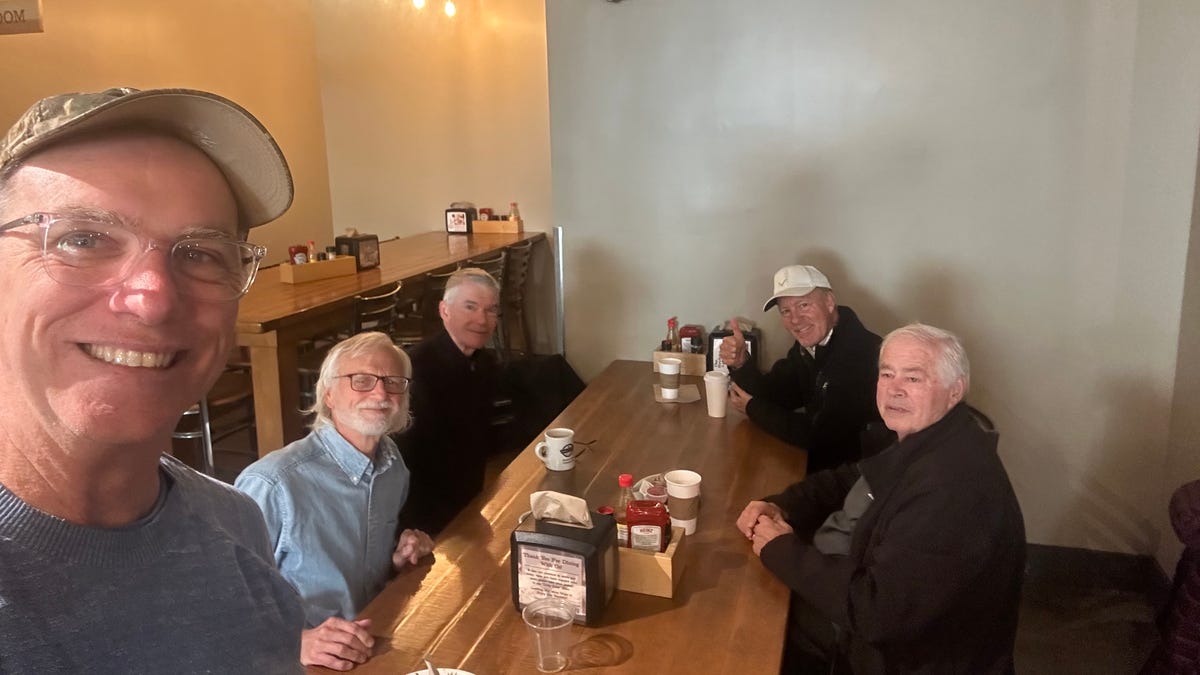If you or someone you know needs mental health resources and support, please call, text, or chat with the 988 Suicide & Crisis Lifeline or visit988lifeline.org for 24/7 access to free and confidential services.
The hardest group for Dennis Gillan to get to talk about suicide is older men. They also happen to have the highest rate of suicide in the United States.
Gillan, 60, is from Greenville, South Carolina, and he has been a front-row observer to the crisis. He’s a self-trained suicide expert who speaks on college campuses and at corporate training offices about mental health awareness. He draws on his personal experience after the deaths, about a decade apart, of his brothers Mark and Matthew by suicide. Both men were in their early 20s.
Of all the groups he has worked with, older men are among the trickiest demographic to reach. Getting them in the room and speaking candidly has been one of the toughest challenges.
“As men, we’re supposed to have all the answers,” he told USA TODAY. "We’re really not good at saying, ‘I don’t have a clue what happens in life.”



This feels very relatable.
In my early 20s I went through a medical bankruptcy. Now in my late 30s I still have not financially recovered.
It feels set in stone now, I will never be able to afford a family. Or a home. Or a retirement.
What will happen when I’m no longer able to work, and my parents money dries up? Disability doesn’t cover rent. Seems like my choices are homelessness or suicide.
Therapy and compassion are nice and helpful (and too scarce) - but the core issue is MONEY